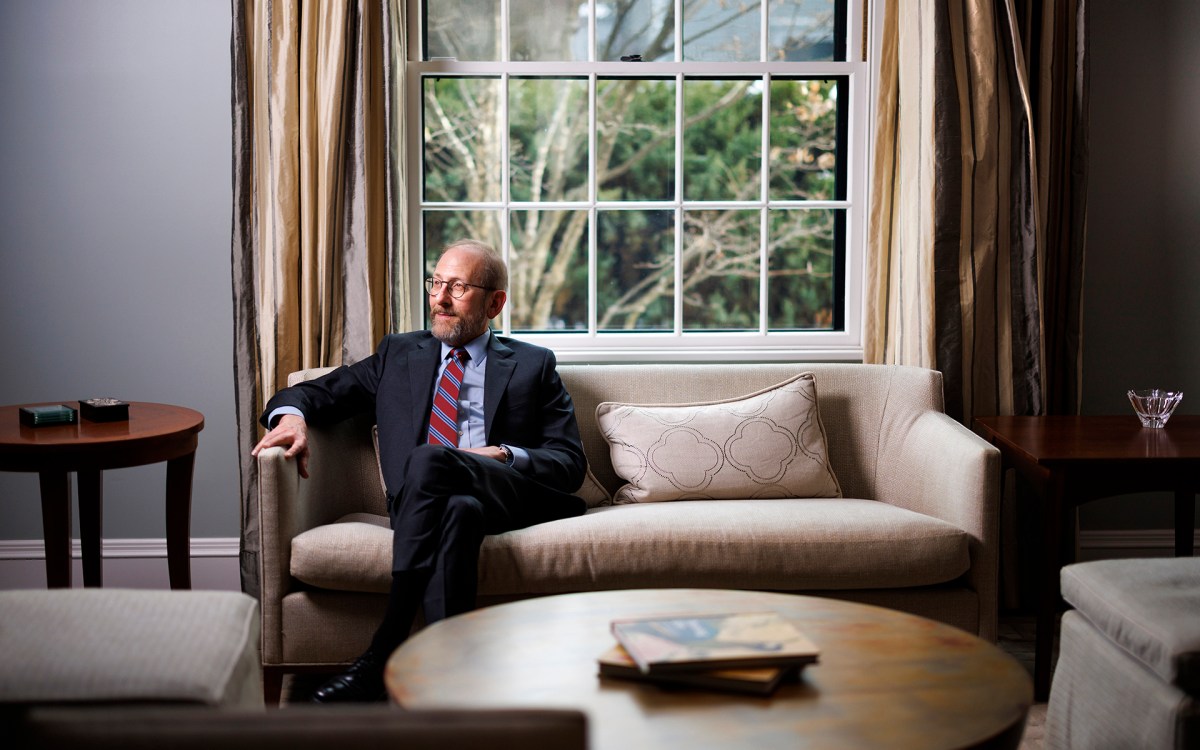This month in Harvard history
June 1, 1774 — Several parliamentary punishments for the Boston Tea Party (December 1773) take effect, and British troops occupy Boston. “[C]onsidering the present dark aspect of our public Affairs,” the Harvard Corporation votes “that there be no public Commencement this Year.” Ceremonies do not resume until 1781.
June 11, 1776 — The Provincial Congress grants the College permission to reoccupy its buildings, and Harvard prepares to return from Concord.
June 12, 1776 — The faculty passes a vote of thanks to the Town of Concord for sheltering the College during the outbreak of the Revolutionary War.
June 25, 1825 — After much deliberation and reams of committee reports, the College finally and formally responds to yet another student rebellion (1823) by producing the “Statutes and Laws of the University in Cambridge, Massachusetts,” a 13-chapter document of 153 laws (a.k.a. the Code of 1825).
Among the reforms: (1) a required annual report from the President to the Overseers, (2) stricter supervision of students and the abolition of fines, (3) reorganization of the faculty (so formally named for the first time; previously called the “Immediate Government”) into six departments, (4) some freedom for upperclassmen in electing courses, (5) Law 61, which frees students from the old system of fixed recitations by dividing them instead into sections (“as many divisions as shall be found practicable, and conducive to their improvement”) and allowing them to progress “as rapidly as may be found consistent with a thorough knowledge of the subjects of their studies.”
>Marks for academic performance are also introduced. Under President Josiah Quincy, they harden into an onerous “Scale of Merit.”
— From the Harvard Historical Calendar, a database compiled by Marvin Hightower




